Let's face it, extra virgin olive oil (EVOO) is the golden child of the kitchen world. It's healthy, it's delicious, and it adds a touch of Mediterranean magic to everything from salads to roasted vegetables. But, can you actually cook with it? I mean, you've probably heard the whispers: "It's not good for high heat", "It loses its flavour", and "You'll ruin it!" Well, I'm here to tell you it's time to clear up some confusion and put those doubts to rest. This is your ultimate guide to understanding extra virgin olive oil and how to use it to its full potential, from the kitchen to the dinner table.
(Part 1) Understanding the Basics: What is Extra Virgin Olive Oil?
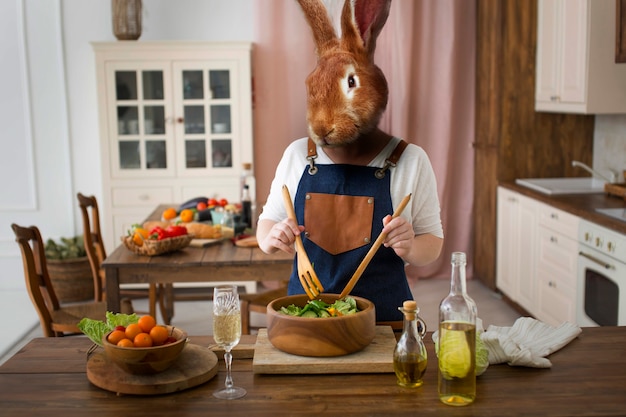
Imagine if olives could speak, they'd probably be bragging about their juice. Extra virgin olive oil is basically the unfiltered, unrefined, and minimally processed liquid gold squeezed from olives. It's the purest form of olive oil, and it's got that delicate, fresh, intensely fruity flavour we all love. Think of it as the "organic, natural, and ethically-sourced" version of olive oil.
Why is EVOO so special?
Extra virgin olive oil is more than just a delicious condiment; it's a nutritional powerhouse. It's packed with antioxidants, those tiny superheroes fighting off free radicals in your body. It's also a great source of monounsaturated fats, the "good" fats that help lower cholesterol levels. So, you're getting a healthy dose of deliciousness with every drizzle.
(Part 2) The Great EVOO Debate: Can You Cook With It?
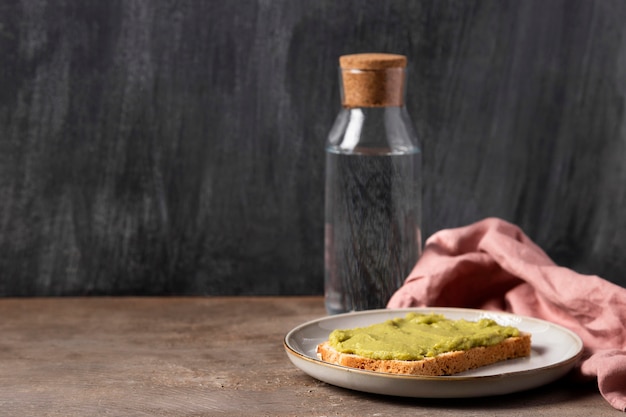
This is where the real debate starts. The quick answer is yes, you can cook with extra virgin olive oil, but with some important considerations. EVOO has a lower smoke point compared to other oils, which means it starts to break down and smoke at a lower temperature. This leads to the common misconception that it shouldn't be used for cooking. But, hold on a minute! It's not quite that simple.
Smoke Point: Understanding the Science
The smoke point of an oil is the temperature at which it starts to break down and release harmful compounds. These compounds, like acrolein, can negatively affect both your health and the flavour of your food. For high-heat cooking methods like deep-frying, where temperatures reach very high levels, a different oil with a higher smoke point is a better choice. However, for everyday cooking, extra virgin olive oil is still a fantastic option.
(Part 3) Unlocking the Potential of EVOO: The Best Ways to Cook With It
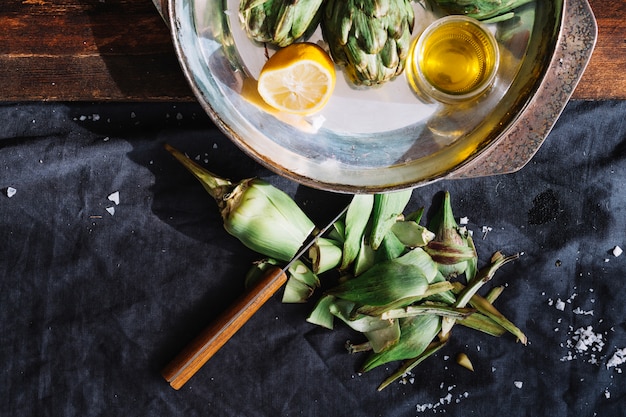
Let's get practical. Here are some of the best ways to use extra virgin olive oil in your kitchen, keeping in mind that it's a delicate dancer, not a high-heat acrobat.
Sautéing and Stir-Frying: A Gentle Embrace
Sautéing vegetables, mushrooms, garlic, or even seafood in extra virgin olive oil is a beautiful thing. It brings out the natural flavors and adds a light golden hue. Just keep the heat medium or low to prevent smoking. My secret weapon? A trusty cast iron skillet. It distributes heat evenly and helps prevent sticking. Think of it as a partnership between the oil and the pan, working together to create deliciousness.
Roasting: A Symphony of Flavors
EVOO is a natural choice for roasting. Whether it's vegetables, chicken, or fish, a drizzle of extra virgin olive oil adds a lovely flavour and a crispy texture. Season it with salt and pepper, and let the oven work its magic. Roasting with EVOO brings out the natural sweetness of vegetables, especially root vegetables, creating a symphony of flavors that's hard to resist.
Grilling: A Smoky Delight
For a smoky flavour, grilling with extra virgin olive oil is a real treat. Whether you're grilling vegetables, chicken, or steak, simply brush it with EVOO and grill away. I like to add a little bit of lemon juice to my EVOO marinade for extra flavour and acidity. The combination of the smoky grill and the bright, tangy citrus is a match made in flavour heaven.
Baking: Beyond the Expected
Don't underestimate the power of EVOO in baking. It adds a depth of flavour and a moist texture that you won't find with other oils. You can use it in cake recipes, bread recipes, and even cookie recipes. I've been using EVOO in my banana bread recipe lately, and it makes a world of difference. It's that hidden ingredient that elevates the taste and texture to a whole new level.
(Part 4) Debunking the Smoke Point Myth: The Bigger Picture
Let's clear the air about the smoke point myth. It's true that extra virgin olive oil has a lower smoke point compared to refined oils like vegetable oil, but that doesn't mean you should avoid using it for cooking. It's all about understanding the nuances and adjusting your cooking methods accordingly.
The Smoke Point Isn't the End-All Be-All
We're focusing too much on the smoke point, and not enough on the bigger picture. Extra virgin olive oil is packed with antioxidants and healthy fats, and those benefits remain even when the oil starts to smoke. It's like a gentle reminder that even in its "smoking" state, it still holds valuable nutritional treasures. So, don't be afraid to use it for cooking, just be aware of the heat and adjust your cooking methods accordingly. It's all about finding that sweet spot, that perfect balance of flavour and health.
(Part 5) Choosing the Right EVOO for Cooking: A Matter of Flavor
You've decided to embrace the wonderful world of extra virgin olive oil, but now you're faced with a new question: how do you choose the right one for cooking? The truth is, not all extra virgin olive oils are created equal. Some are more robust, some are more delicate, and some are better suited for cooking than others. It's a matter of finding the perfect match for your culinary needs.
Look for "Robust" or "Full-Bodied" Labels
When choosing an extra virgin olive oil for cooking, look for one labelled as "robust" or "full-bodied". These oils have a higher smoke point and can withstand higher temperatures, and they also have a more intense flavour, which is perfect for cooking. I usually try to find a blend of different olives, as it tends to have a richer flavour and a higher smoke point. It's like a symphony of flavours, a blend of different personalities coming together to create something truly special.
(Part 6) Beyond the Kitchen: The Many Faces of Extra Virgin Olive Oil
Let's move beyond the kitchen for a moment. Extra virgin olive oil is a versatile gem, and its uses extend far beyond cooking. It's a true multitasker, a natural wonder that can be used for skincare, hair care, and even cleaning!
Skincare: A Natural Moisturizer
Extra virgin olive oil is a natural moisturizer for your skin, packed with vitamin E, an antioxidant that helps protect your skin from damage. It's like a little hug for your skin, soothing and nourishing it. I love to use it as a facial moisturizer, especially during the winter months. It's also a gentle, effective makeup remover. Just massage it gently onto your skin, and it melts away even the most stubborn makeup.
Hair Care: A Shine and Softness Booster
Extra virgin olive oil can also be used to nourish and condition your hair, adding shine and softness. It's a great treatment for dry scalp, like a natural conditioner that nourishes and hydrates. I love to use it as a hair mask, applying it to my hair and leaving it on for a couple of hours before washing it out. My hair feels silky smooth afterwards. It's like giving my hair a luxurious spa treatment at home.
Cleaning: A Natural Alternative
Did you know you can use extra virgin olive oil for cleaning? It's a great natural alternative to harsh chemical cleaners. You can use it to clean wood furniture, leather shoes, and even your kitchen counters. It's also effective for removing stubborn stains, like grease and oil. Just apply a little bit of EVOO to a cloth and rub it on the stained area. It's like a magic eraser, cleaning and polishing with a touch of nature.
(Part 7) Keeping EVOO Fresh: Storage Tips for a Flavorful Experience
You've got your beautiful bottle of extra virgin olive oil, and now you want to keep it fresh and flavorful. Treat it like a precious treasure, because it is. Extra virgin olive oil is sensitive to light, heat, and oxygen, so proper storage is key to preserving its delicate flavor.
Store it in a Cool, Dark Place
The ideal place to store EVOO is in a cool, dark place. A cupboard or pantry is a perfect spot. Avoid storing it near your stove or other heat sources. The light can degrade the oil and make it go rancid, so a dark glass bottle is a good choice. It's also a good practice to keep your EVOO away from strong smells like garlic or onions. Extra virgin olive oil is like a sponge, absorbing those surrounding aromas, and you don't want it to be competing with garlic or onions. It's about preserving its purity and its delicate flavour profile.
(Part 8) The Taste Test: Unveiling the Secrets of Extra Virgin Olive Oil
Let's get sensory. Extra virgin olive oil is not just about cooking; it's about the experience. It's about discovering the nuances of flavour, the depth of the olive's journey. It's about engaging your senses and appreciating the unique qualities of each bottle.
What to Look For
When tasting extra virgin olive oil, you're looking for a balanced flavour profile. It should have a fruity taste, a hint of bitterness, and a peppery finish. The fruity notes can range from green apple to ripe banana, depending on the type of olive used. The bitterness indicates the level of antioxidants in the oil, and the peppery finish is a sign of freshness. The more pronounced the peppery finish, the fresher the oil.
(Part 9) FAQs: Your Extra Virgin Olive Oil Questions Answered
Let's address those lingering questions about extra virgin olive oil. It's time to dispel some myths and uncover the truth!
- Does extra virgin olive oil expire? Yes, it does, but it can last for a long time. A well-stored bottle of extra virgin olive oil can last for up to 2 years. But, keep an eye out for a change in flavour or smell. Those are signs that it's getting old.
- Can I use extra virgin olive oil for deep-frying? While extra virgin olive oil can be used for deep-frying, it's not ideal. Because of its lower smoke point, it can break down and give your food a bitter taste. It's better to use a refined oil like vegetable oil for deep-frying.
- What’s the difference between extra virgin olive oil and virgin olive oil? Extra virgin olive oil is the highest quality olive oil, while virgin olive oil is a grade below. Extra virgin olive oil has a lower acidity, a more intense flavour, and more antioxidants. Virgin olive oil is still a good choice, but it might have a slightly less intense flavour. Think of it as a difference in intensity, a spectrum of flavour, with extra virgin olive oil at the top.
- Is extra virgin olive oil good for weight loss? Extra virgin olive oil is a good source of healthy fats, which can help promote weight loss. It can help you feel fuller for longer, which can reduce your overall calorie intake. It's like a little helper in your weight loss journey, encouraging healthy eating habits.
- Can I use extra virgin olive oil to make soap? Yes, you can! Extra virgin olive oil is a great ingredient for making soap. It makes the soap lather well, and it's also moisturizing for your skin. It's a natural, nourishing ingredient that adds a touch of luxury to your homemade soap.
(Part 10) The Extra Virgin Olive Oil Journey: A culinary adventure
Extra virgin olive oil is more than just a cooking ingredient. It's a culinary adventure. It's about discovering the flavours of different regions, the different types of olives, and the different methods of production. It's about embracing the slow food movement and appreciating the simple things in life. It's about taking the time to taste, to smell, to enjoy the experience of food.
So, next time you're in the kitchen, reach for that bottle of extra virgin olive oil. Don't be afraid to experiment, to try new things, to let your creativity flow. And remember, the journey is just as important as the destination. Happy cooking!
Everyone is watching
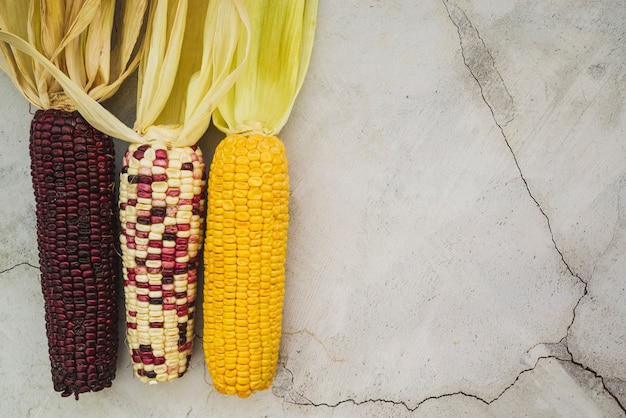
Corn on the Cob: The Ultimate Guide to Perfectly Cooked Ears
Healthy MealsAh, corn on the cob. Just the name evokes images of sunny days, barbecues, and that sweet, juicy flavour that ...
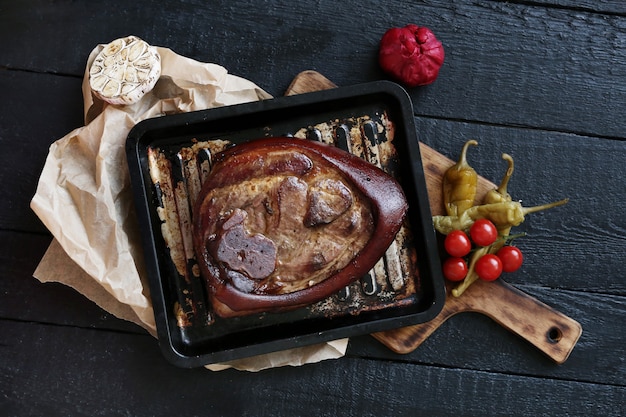
Perfect Pork Roast Oven Cooking Time: A Guide to Delicious Results
Healthy MealsThere's something truly satisfying about a perfectly roasted pork. The aroma alone is enough to make your mout...
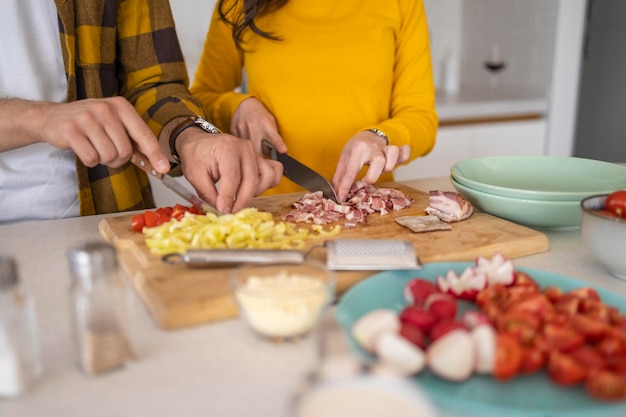
Ham Cooking Time: How Long to Bake, Smoke, or Boil a Delicious Ham
Healthy MealsAh, ham. It's a classic, isn't it? A real crowd-pleaser, especially around holidays. And when done right, it'...
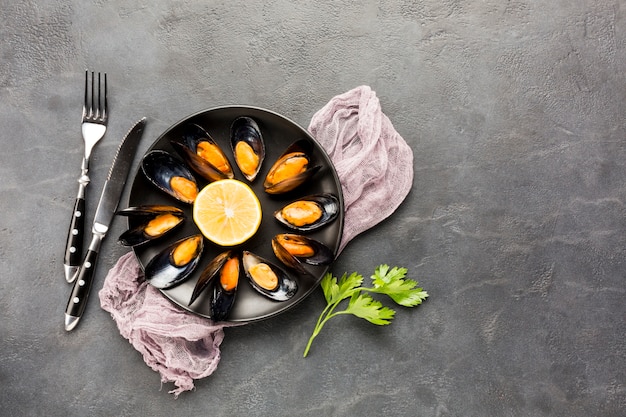
Scallops: The Ultimate Guide to Perfect Cooking
Healthy MealsAh, scallops. Those delicate, sweet, and utterly delicious morsels of the sea. They hold a special place in my...
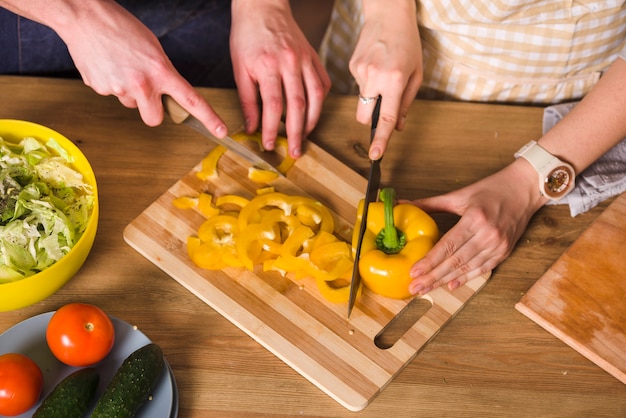
Spaghetti Squash: The Ultimate Guide to Cooking and Serving
Healthy MealsRemember that time you saw spaghetti squash at the supermarket, looking all bumpy and strange, and thought, "W...
